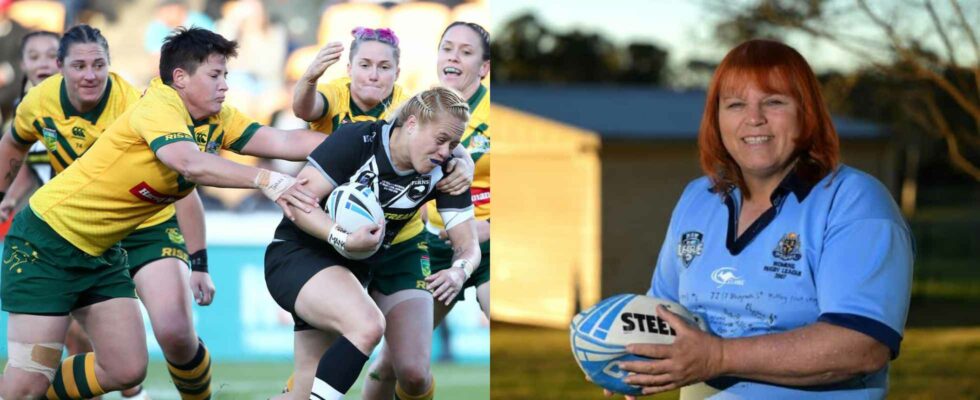The Rugby Football Union (RFU) Council and Rugby Football League (RFL) Board have passed new laws that exclude transgender women from participating in female rugby union and rugby league. The new rule only allows athletes to compete in the female division of the sport “if the sex originally recorded at birth is female.”
With 33 votes in favor, 26 against, and 2 abstentions, the RFU Council decided to update its gender inclusion policy for rugby union in England as of the start of the 2022–23 season.
RFU Presiden Jeff Blackett, commented on the choice, saying:
“Inclusion is at the heart of rugby values and we will continue to work with everyone to keep listening, learning and finding ways to demonstrate there is a place for everyone in our game.”
“We know that many will be disappointed by this decision however, it has been based on all the scientific evidence available.”
The RFL said that they are “committed to providing and supporting opportunities for everyone to be actively involved in the sport… however, it is important that the playing opportunities provided are safe and fair for all participants.”
“This means that, when determining the eligibility criteria, a precautionary approach needs to be adopted in respect of contact variations of Rugby League, so that safety and fairness are considered alongside the principle of inclusion.”
The RFU’s decision follows a thorough examination of its gender participation guidelines for domestic contact rugby in England. Rugby union will now essentially be off-limits to transgender women like Alix Fitzgerald, who plays for the East London Vixens.
Before the voting, Alix said to Sky Sports:
“I’ll be honest with you. If I thought for one moment I was a danger to the people in front of me or the people I play with, I wouldn’t do this. I have no desire to hurt anybody at all, accidentally or not.”
The 54-year-old is one of seven transgender women in England who had been given the go-ahead to participate in rugby by the organization that oversees the game.
She said:
“I am not the largest person on this team, I am not the strongest person on this team. That argument is a very dangerous one for rugby to go down, simply because, who’s big enough? And who’s too big?”
“There are people on this team that are bigger than me, so if I’m too big, are they too big? And that’s just not right because rugby is a game for all shapes and sizes.”
On the other hand, Fiona McAnena of Fairplay for Women agreed with the decision and urged other athletic organizations worldwide to do the same.
McAnena told Sky Sports:
